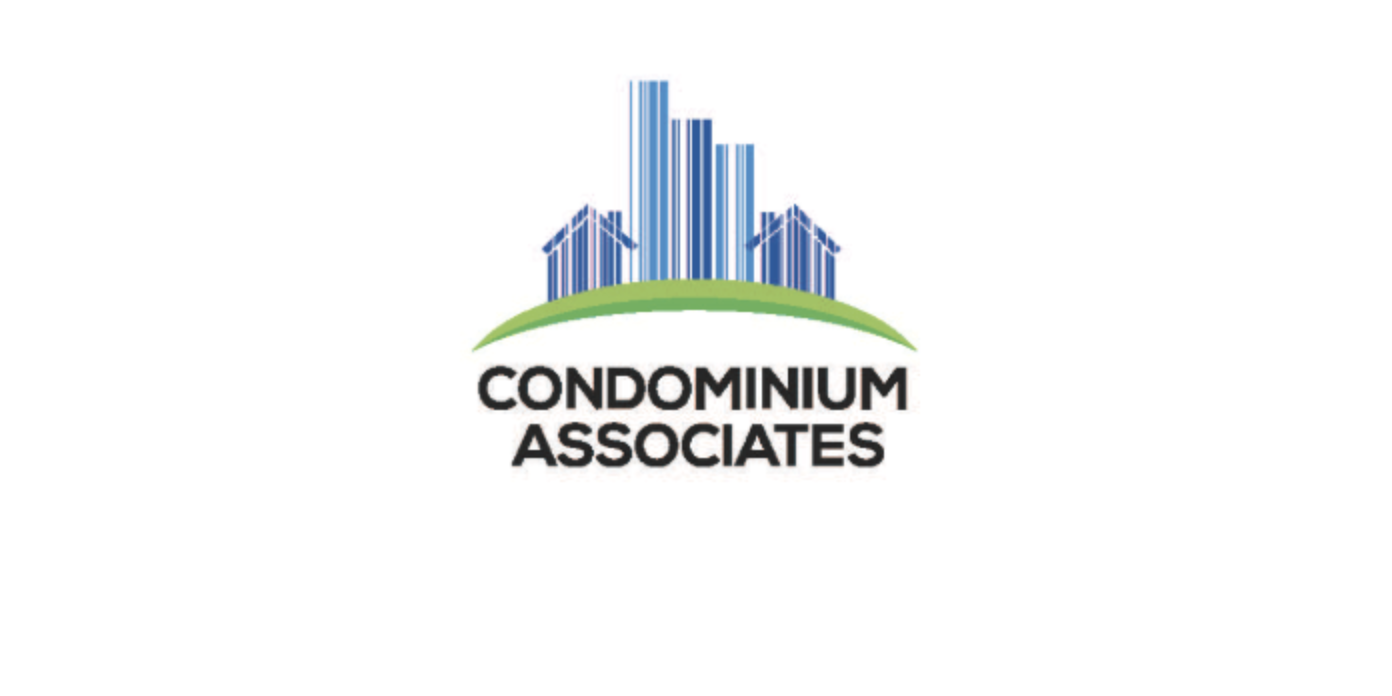HOAs Obligations to Residents With Neurological Issues
HOAs ask themselves: should an association make accommodations for people with neurological issues like early-onset dementia, schizophrenia, and autism spectrum? What special accommodations or exceptions are available under the Fair Housing Act?
The Code of Federal Regulations defines "handicap" as a physical or mental impairment that substantially limits one or more daily life activities. Individuals experiencing dementia, mental illness, or who are on the autism spectrum fall under this definition.
Under the Fair Housing Act, associations must make reasonable accommodations to afford handicaps an equal opportunity to use and enjoy a dwelling. Concessions are valid if it does not impose undue hardship and would not undermine the primary purpose the requirement seeks to achieve. Typically, the accommodation request is presented to the association by the affected owner. Sometimes, the disability is not apparent, so the association may ask about the disability and offer reliable documentation of the need for accommodations from a physician or mental health professional.
Suppose the owner has not requested an accommodation, but residents of the association observe behavior that could warrant one. In this case, the association walks a fine line between helping the resident and respecting their privacy. While the board may not be obligated to grant an accommodation when one is not requested, it is best to treat this person with care. You want to do this to preserve all persons and property's safety and well-being. Instead of focusing solely on imposing monetary fines, the board can encourage the person to meet with its members and take steps to assist rather than act as an obstacle. Acting compassionately also can protect the association from having a discrimination claim filed against it.
Finally, if the owner in question demonstrates dangerous behavior, the association may want to contact local authorities for assistance. These authorities can provide necessary well-being checks.



